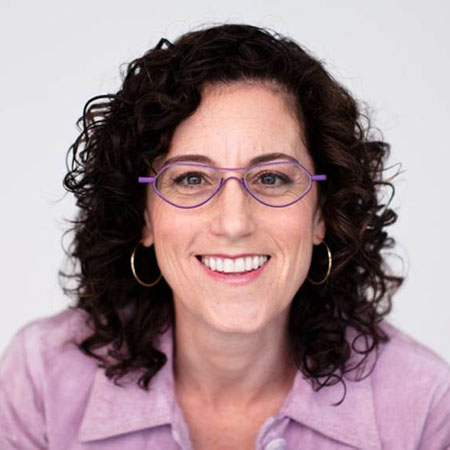I teach writing to people who, with rare exceptions, are not and will not become writers.
Some of them enjoy writing, but more do not. Almost all balk when I tell them they will be writing and then reading what they've written aloud to the group. Yet, without exception, they have something to say on topics that matter. And with astounding regularity, they are able to write about these topics in moving, insightful and compelling ways.
There's one other thing my writing students all have in common: they are, or soon will be, doctors or nurses.
What I teach them might be called public medical writing since it's writing about medicine and health that is separate from the professional writing necessary for patient care or publishing research. This sort of writing takes many forms, from op-eds to narratives to blog posts. Its common denominator is the use of story, language, ideas and experience to explore a topic or issue. While it varies widely in style and subject, all such writing aims to increase empathy, educate, advocate or provoke discussion of health and illness, medicine and society.
Of course, you don't have to be a doctor or nurse to do this. You just have to be a human being.
